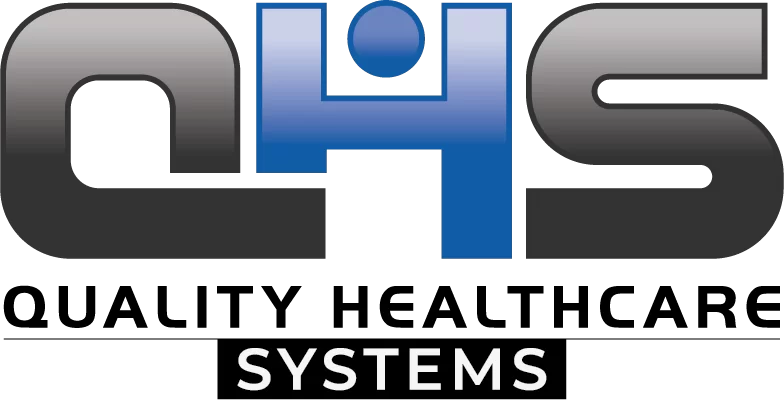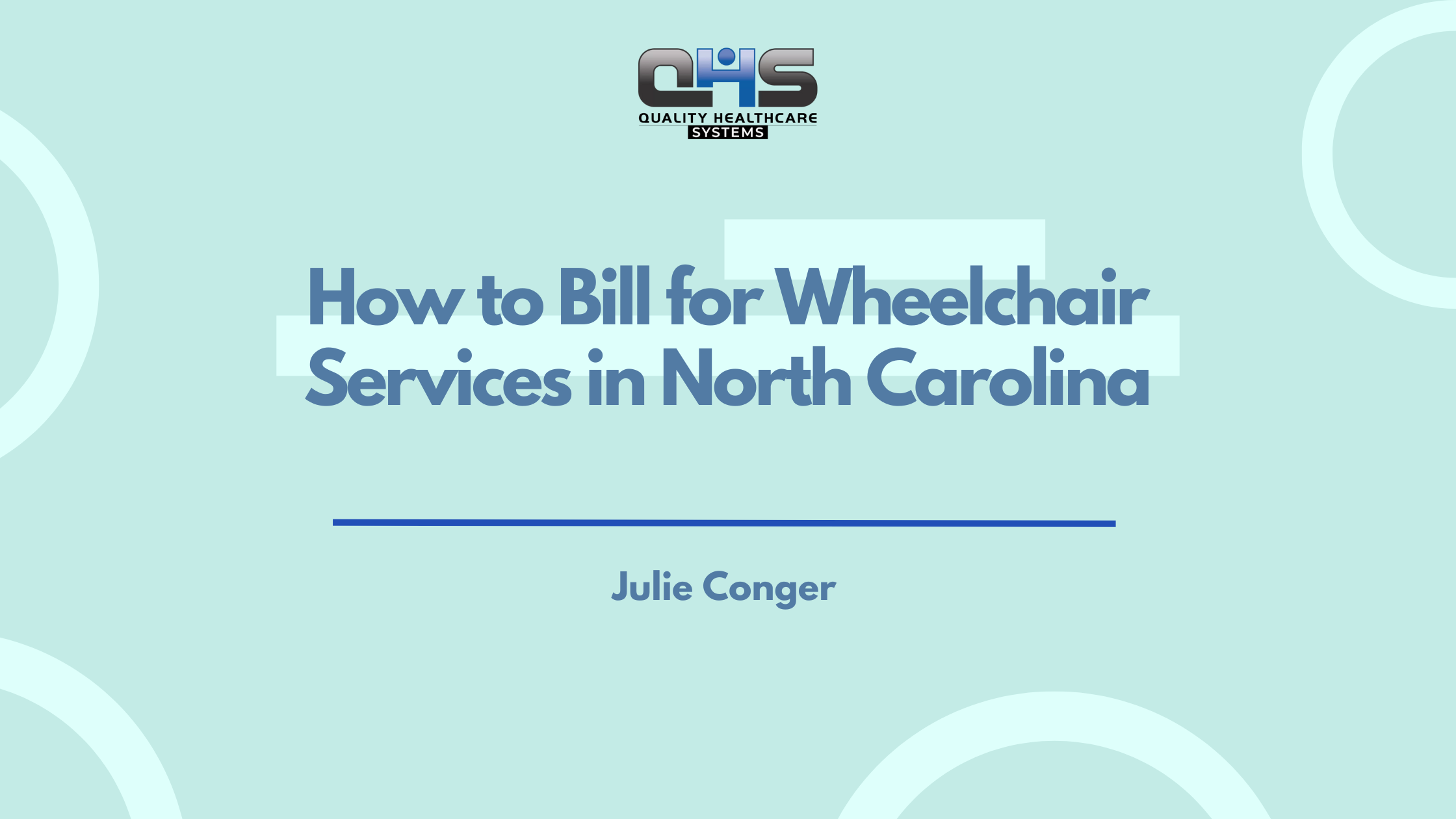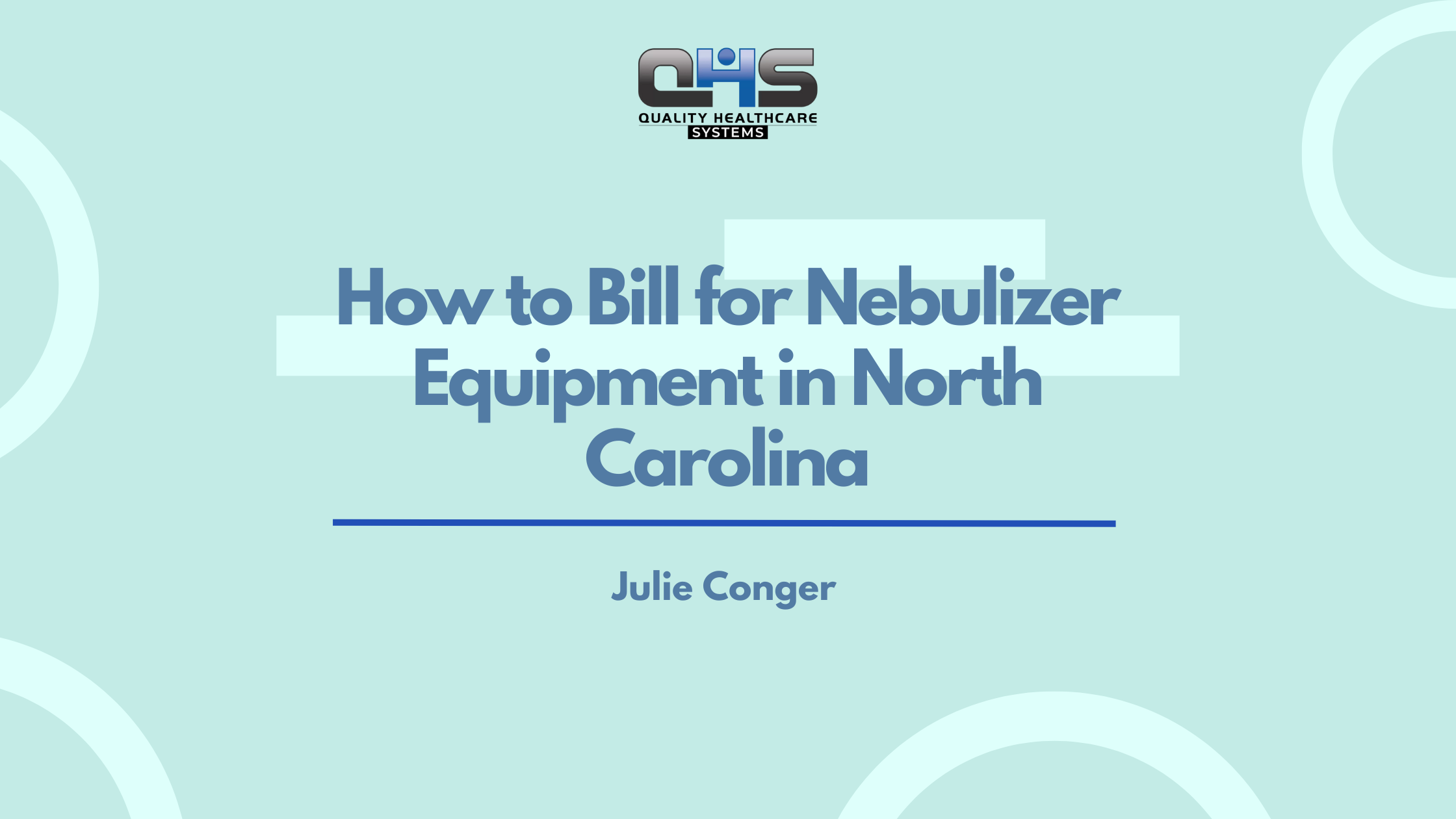In 2023, over 1.7 million Americans relied on wheelchairs as their primary mobility device, and North Carolina’s aging population continues to drive rising demand for durable medical equipment (DME). For suppliers and providers in the state, billing for wheelchair services is not just about paperwork, it’s about ensuring access, maintaining compliance, and protecting revenue.
Billing inaccuracies can lead to delayed reimbursements, denied claims, or worse, compliance audits. Understanding the requirements under NC Medicaid and Medicare Part B, along with policies from private insurers, is crucial.
This guide outlines everything you need to know about wheelchair billing in North Carolina, including coverage criteria, HCPCS coding, payer-specific policies, and the credentialing process.
Types of Wheelchairs Covered Under North Carolina Payers
Different payers recognize various categories of wheelchairs, each linked to specific HCPCS (Healthcare Common Procedure Coding System) codes, and each governed by distinct documentation and reimbursement rules.
Manual wheelchairs fall under the K0001 to K0009 code range, from standard models to lightweight and ultra-lightweight frames. These are typically prescribed for patients with basic mobility impairments who can self-propel.
Power-operated vehicles (POVs, often referred to as scooters, are coded separately and considered appropriate for patients who cannot use a manual wheelchair but do not yet require a power wheelchair.
Power wheelchairs, including complex rehabilitation chairs (group 3–5), are reserved for individuals with significant mobility impairments and are often prescribed after thorough clinical assessments and documentation.
Payers look closely at the justification for each type, so providers must choose the code that aligns precisely with the patient’s functional limitations and environment of use.
HCPCS Codes for Wheelchairs, Accessories, and Repairs
| HCPCS Code | Description | Modifier(s) |
| K0001 | Standard frame manual wheelchair | RR, NU, RA |
| K0002 | Standard hemi (low seat) manual wheelchair | RR, NU, RA |
| K0003 | Lightweight manual wheelchair | RR, NU, RA |
| K0004 | High-strength lightweight wheelchair | RR, NU, RA |
| K0005 | Ultra-lightweight wheelchair | RR, NU, RA |
| K0009 | Other manual wheelchair | RR, NU, RA |
| K0823 | Standard power wheelchair (Group 2) | RR, NU, RA |
| K0848 – K0864 | Complex rehab power wheelchairs (Group 3 to Group 5) | RR, NU, RA |
| E1231 – E1238 | Custom pediatric manual wheelchairs | RR, NU, RA |
| E0986 | Push-rim activated power assist | RR, NU |
| E2601 – E2609 | General use, positioning, and skin protection seat cushions | NU, RA |
| E2611 – E2617 | Planar and contoured back supports | NU, RA |
| E2620 – E2625 | Skin protection and positioning cushions | NU, RA |
| E2373 | Replacement battery for power wheelchair | NU, RA |
| E2361 – E2368 | Motors, controllers, joystick modules for power chairs | NU, RA |
| E0971 | Anti-tipper device | NU, RA |
| K0108 | Unclassified wheelchair component or accessory | NU, RA |
| E1399 | Miscellaneous DME item | NU, RA |
| A9900 | Miscellaneous DME supply or accessory | NU |
| E1352 | Battery charging system for power wheelchairs | NU, RA |
Documentation Requirements for Wheelchair Billing in NC
The first requirement for billing is a face-to-face clinical examination with a treating physician or non-physician practitioner. This exam must directly address the patient’s mobility limitation and explain why a wheelchair is medically necessary.
After the examination, a detailed written order (DWO) is required. This must include the specific wheelchair and any accessories, along with physician signatures and dates.
A Certificate of Medical Necessity (CMN) is still required for many payers despite CMS’s gradual phase-out for certain items. NC Medicaid, in particular, may still request equivalent documentation.
Additional elements that enhance claim approval rates include:
- A mobility assessment documenting the patient’s inability to perform mobility-related activities of daily living (MRADLs) in the home setting.
- Progress notes that align with the order and explain why less costly alternatives, like canes or walkers, are insufficient.
- Supporting documents from therapists or occupational specialists, if applicable.
These records must be consistent, legible, and stored for future audits.
Insurance Coverage & Payer-Specific Policies in North Carolina
Understanding each payer’s policy is essential to avoid denials.
Medicare Part B covers wheelchairs when used in the home setting and when the patient’s condition meets specific criteria outlined in Local Coverage Determinations (LCDs). For power wheelchairs, Medicare requires prior authorization and typically pays 80% of the allowed amount after the deductible is met.
North Carolina Medicaid follows Policy 5A – Durable Medical Equipment, which outlines strict documentation, authorization, and coding rules. For manual or power wheelchairs, Medicaid typically requires:
- A physician’s order with medical justification
- Prior authorization for most items beyond basic manual chairs
- Proof that the wheelchair will improve function in the home
Private insurers vary in their policies. Most require prior authorization, often with documentation similar to Medicare’s, but with varying timelines and appeal processes.
Reimbursement Rates and Timelines in NC
Reimbursement rates for wheelchairs in North Carolina depend on the payer and whether the equipment is rented or purchased.
Medicare’s fee schedule for DMEPOS is publicly available and typically updates annually. In 2025, a standard K0001 manual wheelchair may be reimbursed at approximately $115 to $140, depending on locality adjustments.
NC Medicaid reimbursement generally follows a fixed fee schedule published by NCTracks. Power chairs, depending on complexity, can be reimbursed in the range of $2,000 to $7,000, subject to prior authorization.
Claims processing times:
- Medicare: 14–30 days for clean electronic claims
- NC Medicaid: Up to 45 days, with faster timelines for electronically submitted prior authorizations
- Private payers: Vary widely, can take 30 to 90 days
Monitoring payment timelines helps prevent disruptions in cash flow and highlights when follow-up or appeals are needed.
Best Wheelchair Billing Services in North Carolina: Why Providers Trust Quality Healthcare Systems
When it comes to billing for wheelchairs and other DMEPOS services in North Carolina, accuracy is non-negotiable. Even minor documentation errors or incorrect HCPCS coding can result in denied claims, delayed reimbursements, and compliance flags. That’s why hundreds of providers across the state choose Quality Healthcare Systems (QHS) , one of the most trusted names in durable medical equipment billing and revenue cycle management.
QHS offers specialized wheelchair billing services tailored to Medicare Part B, NC Medicaid, and private payer requirements.
From managing HCPCS K-codes to ensuring all documentation, like face-to-face exams, mobility evaluations, and certificates of medical necessity, is complete and audit-ready, QHS takes the complexity out of your reimbursement process.
But their services go far beyond wheelchair billing.
QHS provides a full suite of billing solutions for DME suppliers and medical practices across North Carolina, including:
- CPAP and respiratory equipment billing
- Nebulizer billing and compliance management
- Orthotics and prosthetics claims submission
- Patient eligibility verification and prior authorization handling
- Accounts receivable follow-up and denial management
Their team is experienced in both Medicare and Medicaid policy frameworks, including North Carolina-specific systems like NCTracks. With transparent reporting, fast turnaround times, and an unmatched compliance track record, QHS helps you maximize collections while minimizing claim rejections.
If you’re looking for a billing partner that understands the challenges of DME reimbursement in North Carolina, Quality Healthcare Systems is your answer. Contact them today to streamline your wheelchair billing process and scale your practice with confidence.
Common Billing Errors and Audit Risks for DME Providers
In North Carolina, audit activity for wheelchair billing is increasing. Providers often face scrutiny for the following issues:
Incorrect HCPCS coding or upcoding, submitting for a higher-level wheelchair than justified by documentation.
Use of wrong modifiers, especially in rental-to-purchase transitions or repairs.
Billing for non-covered accessories or upgrades without clinical justification, such as custom paint or high-end seating systems not deemed medically necessary.
Incomplete or inconsistent documentation is one of the top denial reasons flagged by Medicare and Medicaid alike.
Claims flagged during a post-payment audit may trigger a full chart review, and patterns of error can lead to pre-payment review status or recoupment demands.
Local Compliance and Credentialing in North Carolina
To bill Medicaid in North Carolina, DME suppliers must be enrolled through NCTracks, the state’s multi-payer claims system. The process includes credentialing and proof of:
- Valid business licensure in North Carolina
- Proof of physical facility and storage for DME
- Compliance with 42 CFR §424.57 for Medicare billing
For suppliers billing Medicare, DMEPOS accreditation is mandatory through a CMS-approved organization such as ACHC or The Compliance Team.
North Carolina also requires providers to comply with the Board of Pharmacy DME regulations, especially if oxygen or respiratory equipment is provided alongside wheelchairs.
FAQs
How often can I bill for a new wheelchair under NC Medicaid or Medicare?
Medicare generally allows replacement every five years, while NC Medicaid may allow sooner replacement if the chair is irreparably damaged or no longer meets the medical needs of the patient.
What is the timeline for claim submission under NC Medicaid?
Claims must be filed within 365 days from the date of service. However, for services requiring prior approval, the clock starts from the approval date, not the service date.
Do wheelchair repairs require a new Certificate of Medical Necessity (CMN)?
Not always. Repairs often require a Statement of Continued Medical Need and documentation showing that the wheelchair is still in use and necessary, especially if the chair is over five years old.





